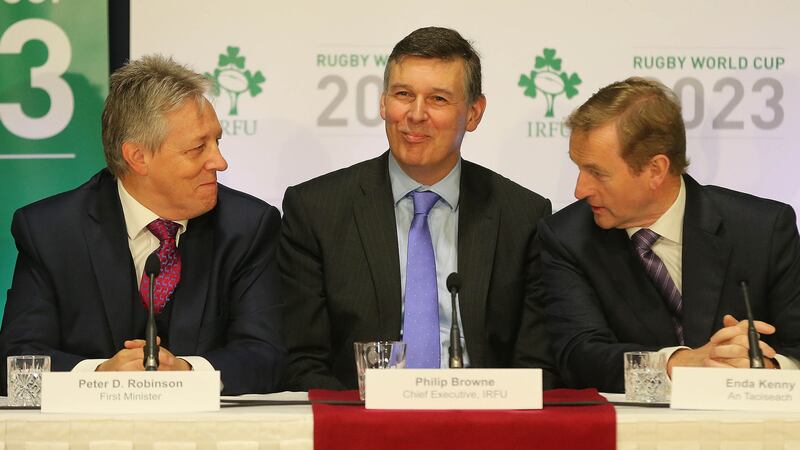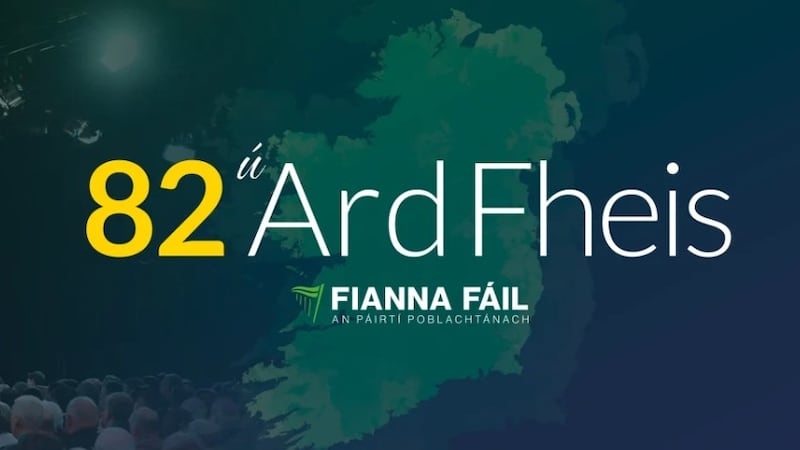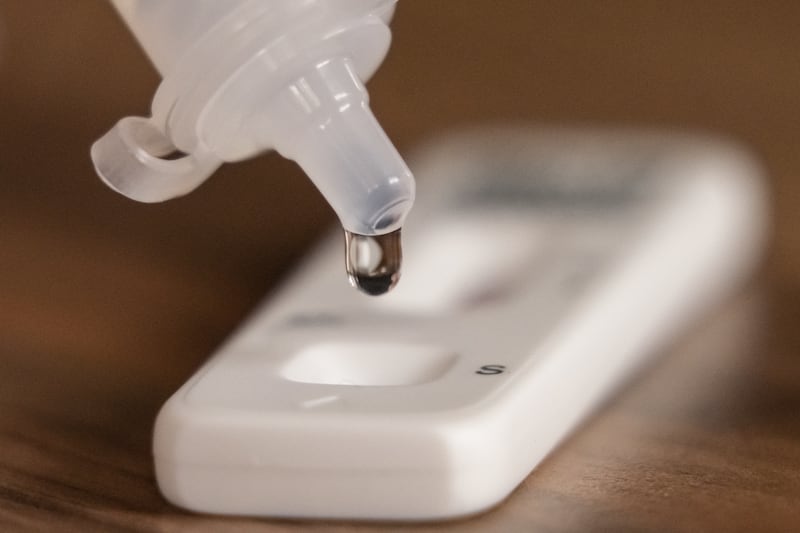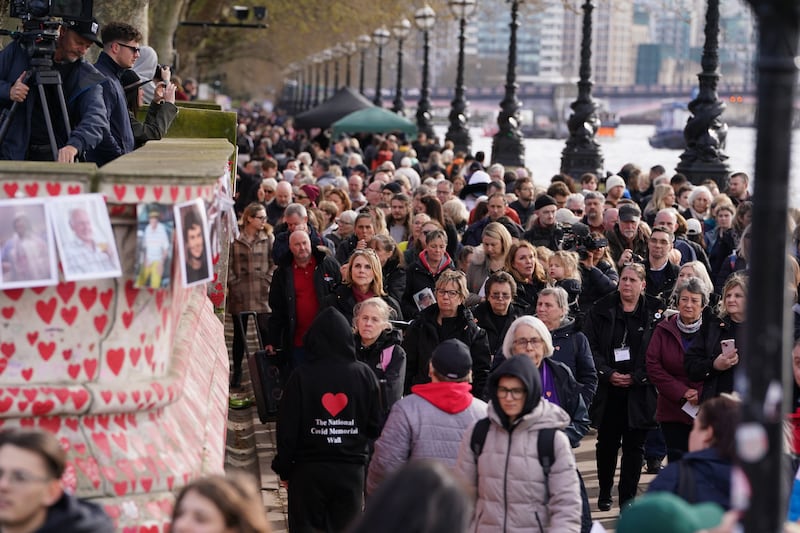The head of Irish rugby has warned that the "very existence" of professional rugby on the island is under significant threat if fans are not allowed to return to games.
Philip Browne, the CEO of the IRFU, made the stark warning as he outlined the organisation's "catastrophic" financial losses for the year.
He said Irish rugby's net losses as a result of the Covid-19 pandemic are forecast to be in excess of €30 million.
He was appearing at the Oireachtas Special Committee on Covid-19 Response alongside GAA and FAI officials.
The committee heard about the major impact of Covid-19 on sporting organisations across the country.
Mr Browne said that the financial forecast for 2021 is "far worse".
Under current Dublin government regulations, only 100 fans are allowed to attend outdoor sports games.
Mr Browne, who appeared via video link, told the committee they are facing an "unprecedented cashflow crisis".
"The IRFU is the only sport in the country totally supporting a professional game which is massively dependent on the men's national team's ability to generate funds," he added.
"The men's national team generates 80 per cent of all revenues, which in turn is fed down to support all other national teams, the provincial teams and clubs across the country."
He added: "If these projections were to materialise, the very existence of professional rugby on the island would be under significant threat in 2021."
John Horan, Uachtarán of the GAA, warned there will be a €50 million hole in the organisation's finances for 2020.
"We are working through possible scenarios for 2021 but it seems certain that further losses will follow of at least €20 million," he added.
"These losses will be felt at every level of the organisation beginning at our most important unit - the club."
Gary Owens, interim chief executive of the FAI, said they are estimated to lose a total of €19 million this year.
Fine Gael's Bernard Durkan raised the issue around social distancing and whether the organisations can meet the challenge of ensuring fans are kept two metres apart.
Mr Horan said: "Any of the incidents of Covid connected with GAA have come from outside factors rather than from within. I am confident our volunteers who have embraced the responsibility to keep our members safe have done it well.
"A small return of attendances is not going to turn around our financial position."
Mr Browne said that social distancing at two metres would allow around 7,000 fans to attend Aviva Stadium.
He added: "Unfortunately that's going to make absolutely no difference to our financial situation. Social distancing at maybe one metre will bring us up to about 18,000 capacity. That would help but it's still not going to solve the problem entirely.
"Work is being done by the IRFU, GAA and the FAI to put a roadmap together, looking at how we get spectators back into stadiums as it is absolutely paramount for all three organisations and for the wider sporting community."
Mr Owens added: "I think we can get fans back into the grounds in a safe environment. There is a significant difference between two metres and one metre financially. I think if we can get to one metre that makes a big difference and is a critical goal for us.
"The three associations are working together to put a formal proposition to the government and we are going to look for support for that.
"I would be more worried about financial implications where we have a lower (number) of fans attending."
Fianna Fáil's Paul McAuliffe highlighted what he described as the "huge level" of contribution sport organisations played during the early stages of the pandemic.
"It was the organised ability of local sports clubs to respond, whether it was older people in their homes or a structured way for people to engage online, it was crucially important," he added.
Members of the GAA have to complete an online questionnaire before taking part in training or games.
Mr Horan said the questionnaire has been completed more than 7.3 million times, peaking on a recent Saturday at 120,000 in one day.
"At peak times, eight forms are being completed every second," he added.







